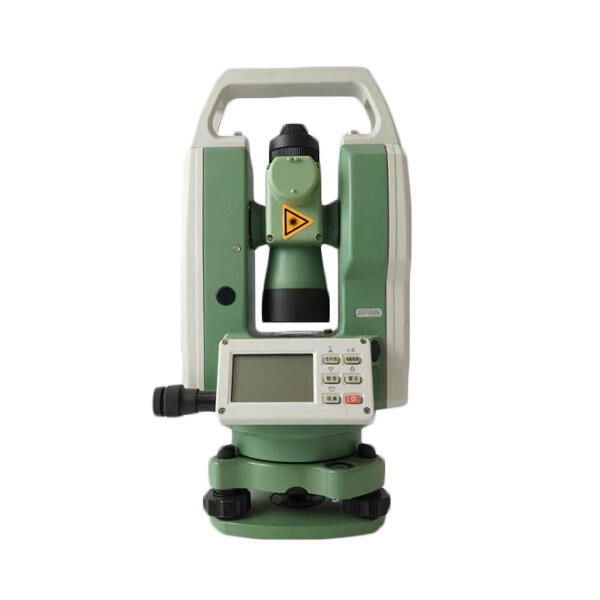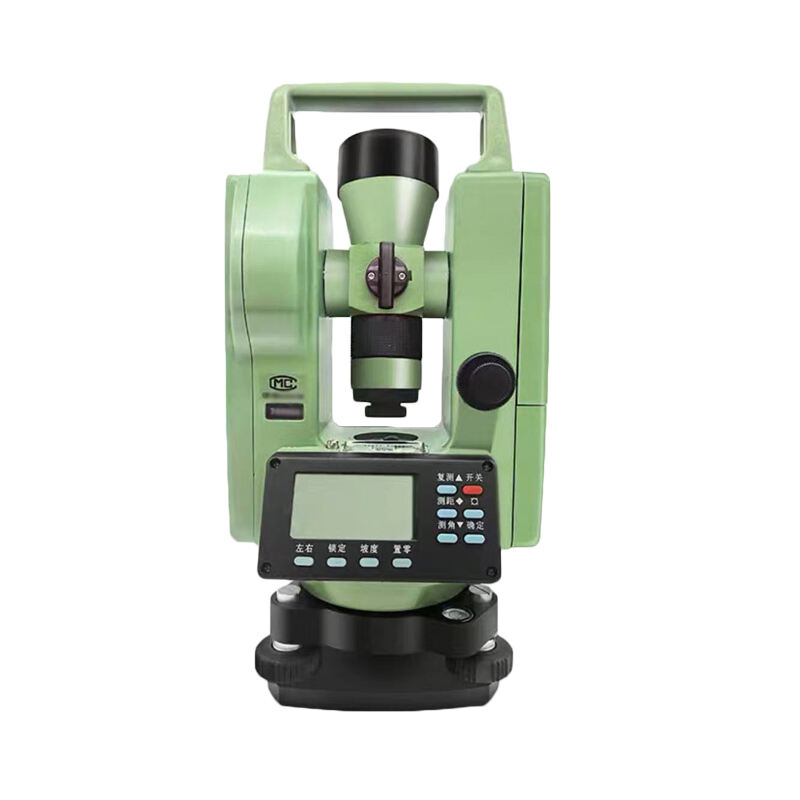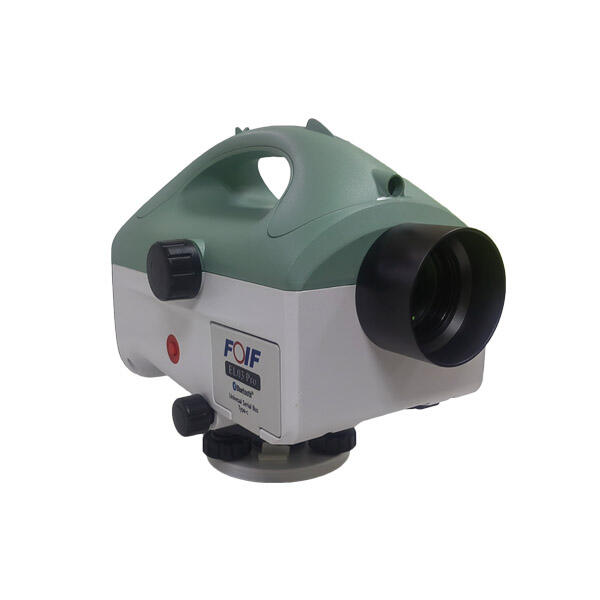mechanical theodolite
A mechanical theodolite is a precision surveying instrument used for measuring horizontal and vertical angles with remarkable accuracy. This sophisticated device consists of precisely engineered moving parts, including graduated circles, vernier scales, and optical components that work in harmony to provide accurate measurements. The instrument is mounted on a stable tripod and features a telescope that can rotate both horizontally and vertically. The main functions include angle measurement, which is essential for triangulation and traversing in surveying operations. The device incorporates horizontal and vertical circles graduated in degrees, minutes, and seconds, allowing surveyors to take precise angular measurements. The telescope's optical system includes cross-hairs for precise targeting and focusing mechanisms for clear visualization of distant objects. Modern mechanical theodolites often feature mechanical compensators that automatically correct for small misalignments in setup. These instruments are particularly valued in construction, engineering, and land surveying for their reliability, durability, and ability to function without power sources. The mechanical nature of these devices ensures consistent performance even in challenging environmental conditions, making them indispensable tools for professionals who require dependable angle measurements in the field.


